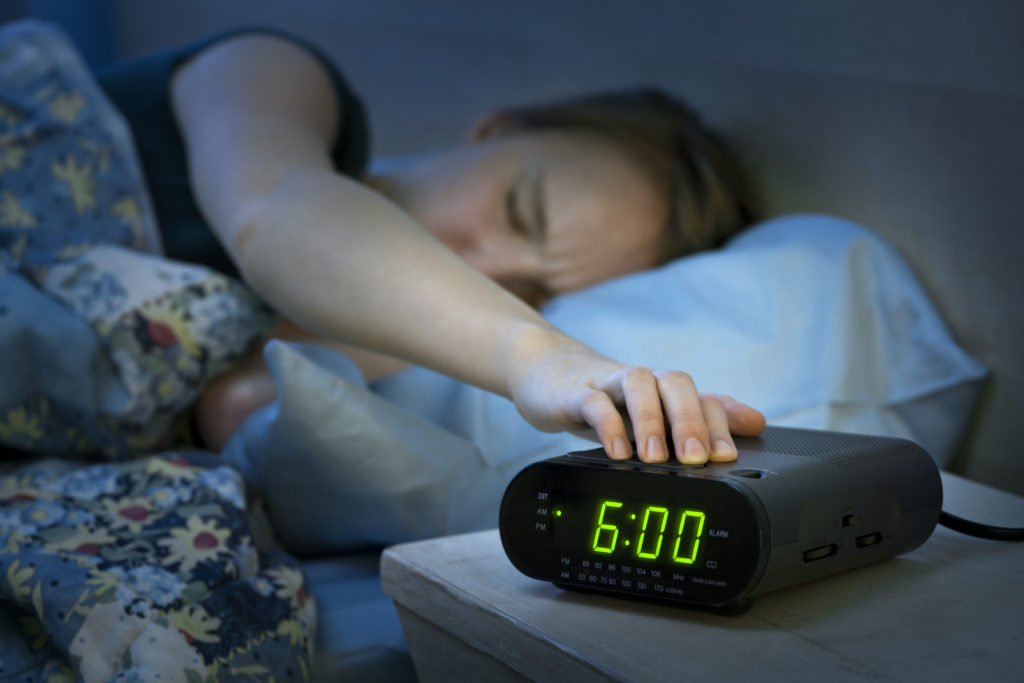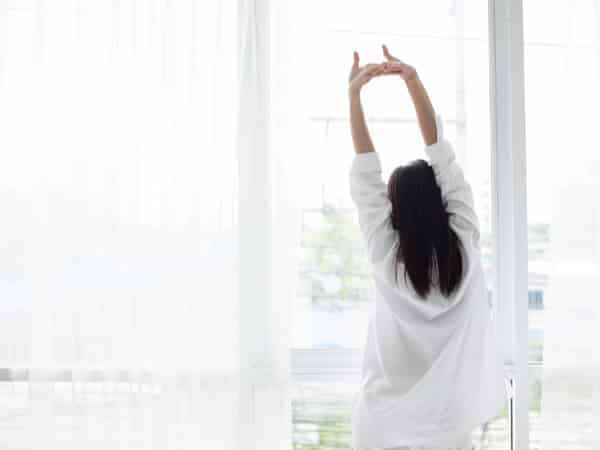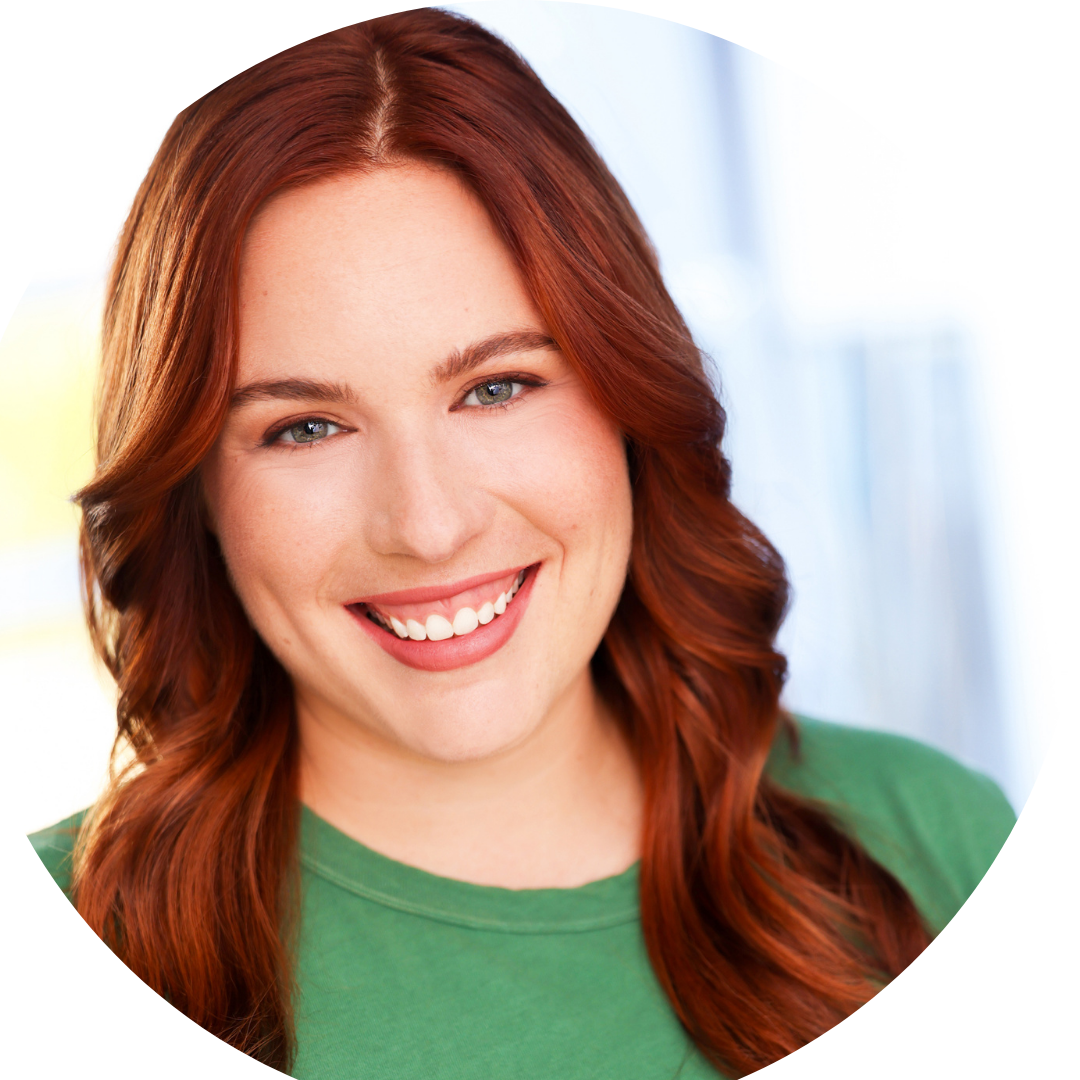While many of us are focused on getting eight hours of sleep each night, about 4.6 million Americans work the night shift. A non-traditional work schedule, especially one that’s inconsistent, can generate health issues.
So, how do you sleep while working a night shift? I examined the latest research and compiled a list of tips for those who work after the sun sets.
Editor’s Note: The information provided should not be considered a substitute for professional advice. Please consult a sleep doctor or other healthcare professional if you have questions related to your own health.
Is It Unhealthy to Work the Night Shift?
There are many health risks associated with working night shifts. Most notably, it can affect your circadian rhythm, or your 24-hour sleep-wake cycle. If you’re consistently sleep deprived, you have a higher risk of developing ulcers, weight gain, and heart disease.
Night shift workers are also at risk for developing Shift Work Sleep Disorder, which can make it harder for people to fall asleep and stay asleep.
Tips for Night Shift Workers
If you work nights, you may want to build healthy habits so you can help combat some of these common health issues. I’ve outlined some tips below, but please note: Since not all jobs are the same, not all advice may apply to everyone’s situation.
Switch to a Clockwise Work Schedule
If you don’t work consistent shifts, it may be helpful to request consistent schedule changes. Research suggests that it’s easier for shift workers to adjust to the changes when their shifts rotate clockwise. For example, one weekly schedule could look like this: day shift, evening shift, night shift, morning shift, and day shift.

It’s much harder to cope when your schedule goes counterclockwise, so if you work an inconsistent schedule, you may want to ask your employer to consider a clockwise rotation.
Consume Caffeine Wisely
One 2010 study reported that caffeine intake may reduce the number of work errors of those doing shift work or working nights.
That said, you may not want to drink coffee toward the end of your shift. One 2013 study suggests people should stop consuming caffeine at least six hours before bed, because it can inhibit the ability to fall asleep. Check out our full article to learn more about how caffeine affects sleep.
Nap When Possible
Taking a nap before your shift may help you feel more alert while you work. Also known as a prophylactic nap, this two- to three-hour snooze allows the brain to reach deeper levels of sleep. This could help you prevent that end-of-shift energy dip.
Avoid Blue Light Exposure Before Bed
Phones, TVs, computers and e-readers emit blue light, which can make people feel more alert and awake. Because of this, as a part of healthy sleep hygiene, many experts suggest people limit blue light exposure two to three hours before bed. Take a look at our full article to learn more about how blue light affects sleep.
Sleep In Total Darkness
Sunlight can stimulate your circadian rhythm and make you feel more awake. So if your bedroom is bright, you may have trouble getting shut-eye. Consider getting blackout curtains or sleeping with an eye mask so that you can make your room as dark as possible.
Expose Yourself to Light When You Wake Up
On the flip side, it can be helpful to expose yourself to natural light as soon as you wake up. This can help reduce levels of melatonin, the sleep hormone, and make you feel more alert. If you can’t soak up the sun’s rays when you first wake up, consider getting a full-spectrum, UV-free light. This can mimic natural light and help you feel more awake.

Consider Sleep Aids
According to the National Center for Health Statistics, about 18% of adults use sleep aids. These range from prescription pills to over-the-counter options like melatonin and magnesium tablets.
Sleep aids may prove helpful when first starting to adjust your sleep schedule, but many sleep aids have side effects. Take a look at our ultimate guide to sleep aids to learn more about the options, and make sure to consult your doctor before starting a new regimen.
The Takeaway
There are health issues associated with working night shifts, but there are ways to mitigate these issues if you have this type of schedule. This includes: shifting to a clockwise shift schedule, limiting caffeine six hours before bedtime, sleeping in darkness, and exposing yourself to natural light upon waking.
FAQs
How many hours should you sleep if you work night shifts?
Experts suggest people get between seven and nine hours of sleep each night, but that can be difficult for people who work night shifts. If you aren’t able to get at least seven hours of sleep all at once, try taking a two or three hour nap before your shift. This is often referred to as a prophylactic nap, and it allows you to reach deeper levels of sleep than you would during a shorter nap.
Why can’t I sleep after working the night shift?
Many people have trouble sleeping after working night shifts because it goes against their natural circadian rhythm. Try exposing yourself to natural light as soon as you wake up for the day, and make sure your room is completely dark whenever you go to sleep. You can also try taking a sleep aid like melatonin, but be mindful that these substances often have side effects.
What is the best sleep aid for night shift workers?
The best sleep aid for night shift workers varies from person to person. Common sleep aids include taking magnesium or melatonin supplements, or consuming chamomile tea. Make sure to consult your healthcare provider for personalized medical advice.
Are night shift workers unhealthy?
Night shift workers are not necessarily unhealthy, but there are many health issues associated with working night shifts. If you’re concerned about your health, consult your healthcare provider for a treatment plan.
